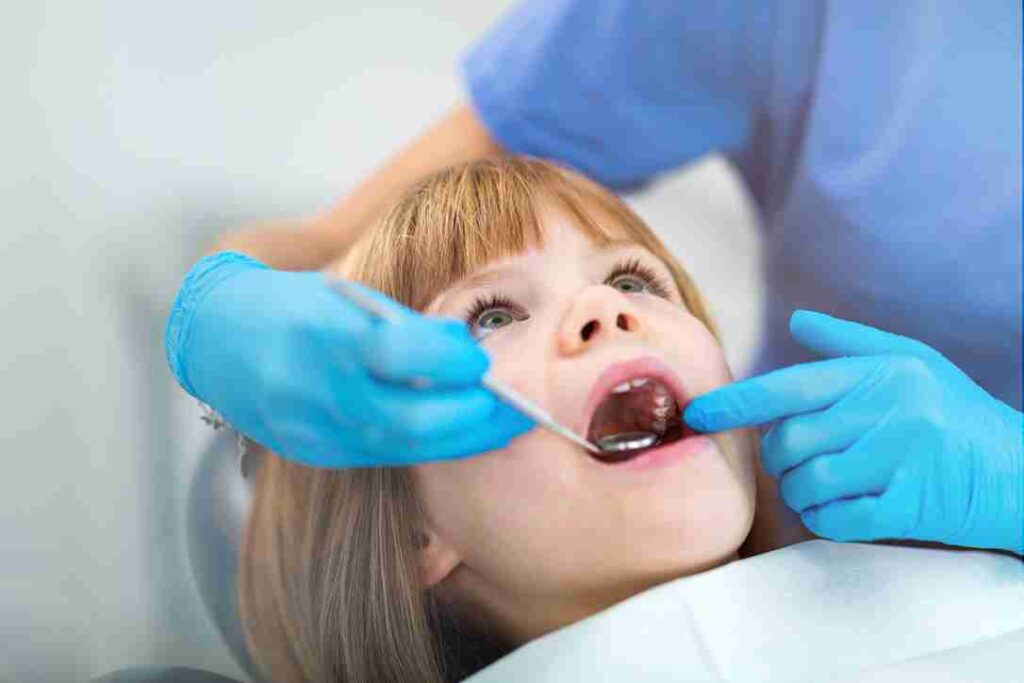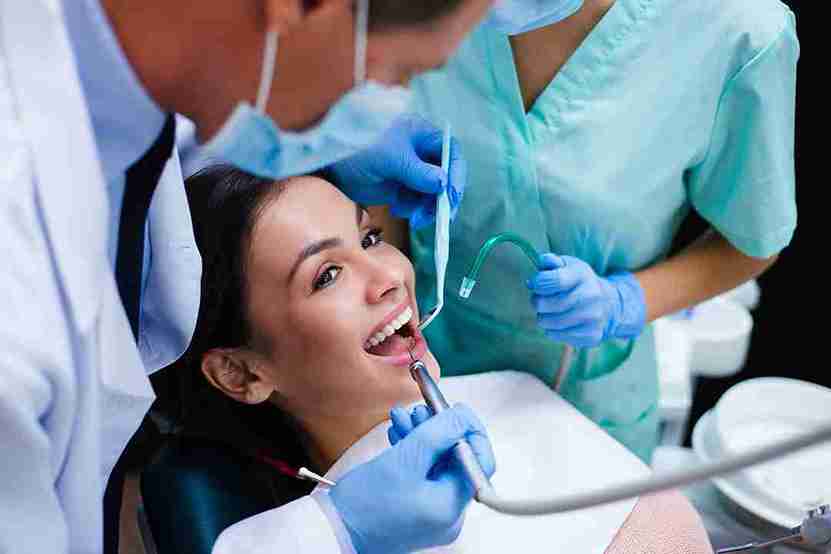Dental emergencies often strike when we least expect them. Whether it’s a chipped tooth while eating or sudden, intense pain in the middle of the night, knowing how to act quickly can make a huge difference. Fast, informed decisions can ease discomfort, reduce stress, and potentially save your tooth. This guide covers common dental emergencies, how to handle them, when it’s time to contact a professional, and which tools or steps can help you take control of the situation right away. A little knowledge can go a long way in protecting your oral health.
Dental Emergencies and What to Do
Know how to react fast—this guide covers common dental emergencies and when to contact an emergency dentist in Lisburn.
- Severe Toothache: Try rinsing your mouth gently with warm salt water to help ease discomfort and reduce inflammation.
- Take paracetamol to manage pain and avoid chewing on that side. Contact a professional as soon as possible.
- Knocked-Out Tooth: Gently try to reposition the tooth back into its socket, holding it by the crown—not the root. If that’s not possible, store it in milk and get to a dentist immediately.
- Chipped or Cracked Tooth: Rinse with warm water. If there's a sharp edge, cover it with sugar-free gum or dental wax. Avoid hard foods and seek dental care.
- Lost Filling or Crown: Use temporary dental cement from a pharmacy or sugar-free gum to cover the area until you can see a dentist.
- Swelling or Abscess: This requires urgent care. Rinse with warm salt water and avoid applying pressure. Seek professional help without delay.
Fast Fixes from Home
- Toothache – Rinse your mouth gently with warm salt water, take paracetamol for pain relief, and avoid chewing on the affected side.
- Knocked-Out Tooth – Carefully place the tooth in a container of milk, avoid touching the root, and seek emergency dental care immediately.
- Chipped Tooth – Rinse thoroughly to remove debris, cover any sharp edges with sugar-free gum or wax, and avoid chewing on that side.
- Lost Filling or Crown – Seal the exposed area with temporary dental cement or sugar-free gum, and avoid eating anything hard or sticky.
- Abscess or Swelling – Gently rinse your mouth with warm salt water, avoid applying pressure to the swollen area, and contact your dentist urgently.
Why Quick Action is Important
Time matters in dental emergencies. Acting promptly can mean the difference between saving a tooth and losing it. Here are a few examples:
- Knocked-Out Tooth – Acting quickly can allow the tooth to be saved and re-implanted, but delaying may lead to permanent tooth loss.
- Abscess – Early treatment with antibiotics can resolve the issue, while delay might lead to the infection spreading and even hospitalisation.
- Chipped Tooth – Prompt care allows for a simple bonding repair, but putting it off can cause deeper cracks or increased sensitivity.
- Toothache – If addressed early, it may only need a filling or cleaning, but waiting could result in needing a root canal or extraction.

When to Call a Dentist
Some issues require immediate attention. Here’s when to stop googling and start dialling:
- Severe, ongoing pain that doesn’t improve – Persistent pain may indicate serious issues needing immediate professional dental evaluation and treatment.
- Signs of infection: swelling, pus, bad taste – These symptoms suggest an infection that requires urgent dental care to prevent spread.
- A loose adult tooth – Adult teeth should never feel loose; mobility may signal trauma or underlying gum disease.
- Trauma to the mouth or jaw – Any injury to the mouth or jaw needs prompt assessment to rule out serious damage.
Whether you're calling a private dentist in Lisburn or seeking out an emergency dentist in Lisburn, acting quickly is key.
How Professionals Can Help
A dentist has the tools and expertise to deal with emergencies efficiently:
- Immediate Pain Relief – Dentists can provide fast relief using numbing agents, prescription medication, or temporary treatments to ease discomfort and stabilise the situation.
- Diagnostic Tools – X-rays and clinical examinations help identify hidden issues like internal damage, infections, or fractures that aren’t visible to the naked eye.
- Restorative Procedures – Depending on the issue, dentists may perform fillings, root canals, extractions, or place crowns to restore function and protect your oral health.
- Follow-Up Care – Ongoing monitoring and aftercare ensure the problem is fully resolved, healing progresses well, and future complications are prevented effectively.
Never hesitate to contact a private dentist in Lisburn if you're unsure. It’s better to ask and be reassured than ignore a growing issue.

Prevention Tips: Stop the Emergency Before It Starts
While not all dental emergencies can be avoided, many can be prevented with routine care and a little caution:
- Regular Check-ups – Visit your dentist twice a year for thorough cleanings, early detection of issues, and professional advice on maintaining oral health.
- Wear a Mouthguard – Use a custom-fitted mouthguard during contact sports or while sleeping if you grind your teeth to prevent serious dental damage.
- Avoid Using Teeth as Tools – Never use your teeth to open bottles, cut tape, or tear packaging, as this can lead to chips or cracks.
- Maintain Oral Hygiene – Brush your teeth twice daily with fluoride toothpaste, floss every day, and use mouthwash to prevent plaque and gum disease.
- Be Mindful of Food – Avoid biting down on hard items like ice, popcorn kernels, or boiled sweets, which can easily crack or damage your teeth.
Dental Emergency Checklist
Keep these essentials handy in your first aid kit:
- Paracetamol or ibuprofen
- Salt for rinses
- Dental wax or sugar-free gum
- Temporary dental cement
- Gauze
- A small container with a lid (for knocked-out teeth)
Having these items on hand can help stabilise a situation before you get to your emergency dentist in Lisburn.
Final Thoughts
Dental emergencies are undeniably stressful, but with the right preparation, you can handle them calmly and effectively. Quick thinking, knowing who to contact, and acting fast can make all the difference, especially with issues like knocked-out teeth, infections, or severe pain. Early intervention can ease discomfort, prevent complications, and even save a tooth. Trust your instincts—if something feels wrong, don’t delay. Keep a dental emergency kit at home, save your dentist’s number in your phone, and know where to go in an emergency. These simple steps provide peace of mind when every minute matters. Your smile deserves that extra care and attention.









